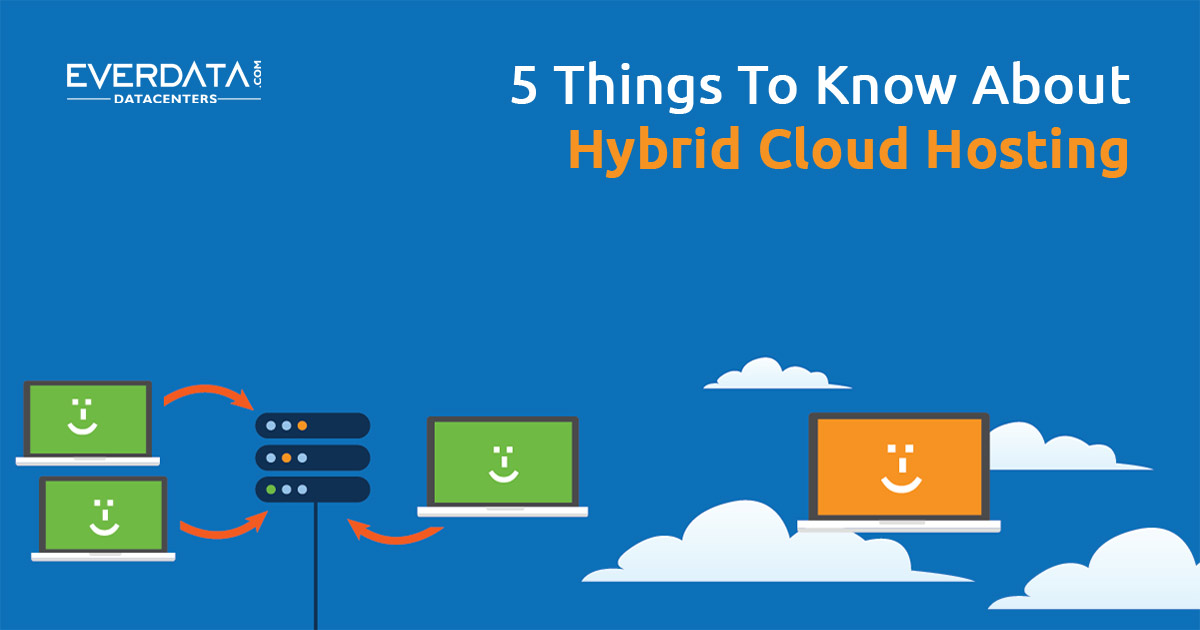In case your ears haven’t been buzzing, hybrid cloud computing is the latest trend in cloud computing.
You may already know that hybrid cloud is a mix of on-premises and cloud systems and this combination can yield some serious advantages.
Before you jump on the hybrid cloud bandwagon, however, here are five things you need to know.
Four key components of integration for hybrid cloud:
#Secure Access – Solution must allow for the connection to your local cloud securely
#Data – Solution must permit the shaping of your data for use by mobile and analytics
#Events – Solution must provide for the delivery of data close to your users with the flexibility to rapidly compose and mix APIs into new application
#APIs – Solution must expose APIs and Datasets into the API Economy
Security and compliance
With the hybrid cloud, you can keep your most sensitive data in a private cloud or on-premises system, but take advantage of a public cloud system for less sensitive communications.
There are many ways you can help to secure hybrid cloud communications and data transmissions.
Data security is important, and most businesses want to keep important data like personally identifiable information or credit card transactions stored securely.
The good news is that cloud-based communications aren’t as risky as some think.
With many cloud systems, you can securely access information remotely using VPN tunnels, authentication, and encrypted data connections.
Many hybrid cloud providers have also made investments to make their cloud platforms so that they’re industry compliant.
Some cloud platforms even allow you to carry security policies from their internal networks to the cloud.
Your organizational readiness
A hybrid cloud setup can be great, but is your organization ready for it? Before you can start the transition, you will have to plan for the change.
Consider things like your network, internet connection / bandwidth, and security.
Is your network ready to interface with the cloud? You have to think about things like total users, remote workers, and plans for future growth.
Can your current Internet connection handle the increased bandwidth needed for cloud applications?
Most cloud issues are caused by weak Internet connections that just can’t handle VoIP calls. You want to make sure you have enough connection bandwidth to meet your business’s data demands.
Security is another area where your organization will have to plan for the cloud. You’ll have to determine which data you want to store on-premises and which data can be stored in the cloud.
Your organization might want to use cloud bursting—where businesses rely on the public cloud when the demand for computing capacity spikes at peak times.
It’s always good practice to plan for your organization’s cloud needs in advance so that there aren’t any surprises.
Not all hybrid cloud providers are created equal
There are questions you should ask all potential hybrid cloud communications providers before choosing one. Topics like uptime, data security, flexibility, and scalability are key. Here are some things that you will want to ask potential providers.
- What happens when my local network goes down?
- What about disaster recovery?
- Can I add or subtract users on my plan?
- Is my data secure in the cloud?
Not all cloud providers are created equal, and the answers to these questions will be different depending on who you talk to. So be sure to ask your potential hybrid cloud vendor these questions before your sign.
Customer expectations that drive hybrid cloud solutions
Many customers expect to be treated as individuals when interacting with a company.
The need for a personalized experience has driven the need for the collection of both more historical and real-time information, as well as advanced analytics.
Furthermore, customers now demand an easier interaction with companies with the ability to serve themselves. Finally, customers expect businesses to support communications over their smartphones with a consistent experience across all channels.
This means that business systems must identify customers in context and coordinate session state.
Conclusion
The hybrid cloud model is a progressive alternative to the regular cloud model. It’s more flexible, potentially more cost-effective, and certainly more future-proof.
All companies who want to stay at the forefront of innovation should embrace the hybrid cloud and push ahead of the competition.




Add new comment